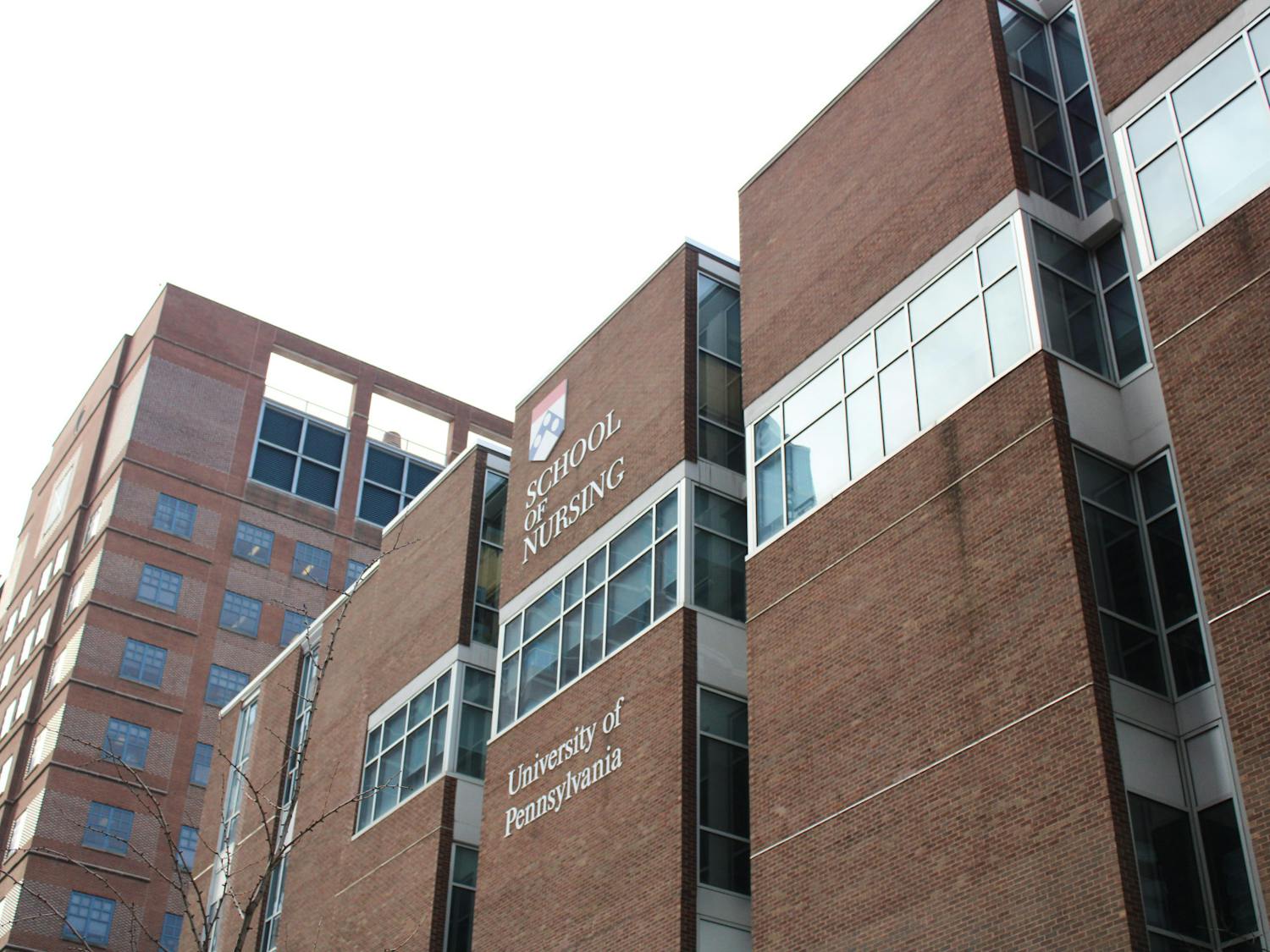For researchers at Penn and other institutions, the new ethics rules and budget to be announced by National Institutes of Health Director Francis Collins may have an impact on both current and future research.
As part of the federal stimulus program last year, NIH — the nation’s largest funder of academic research — was awarded a one-time increase of 10.4 billion dollars, much of which was used to fund research grants.
However, in an interview with The Chronicle of Higher Education last week, Collins said, “I don’t think anybody right now imagines an outcome where the annual expenditures on biomedical research in fiscal year 2011 will be as good as they were in fiscal year 2010.”
Concerning ethical issues, Collins is planning to tackle the high average age of NIH-funded postdoctoral fellows, explaining that certain standards often prevent younger researchers from receiving funding.
According to Kushol Gupta, a Penn postdoctoral fellow hoping for NIH funding at Penn Medicine and the Howard Hughes Medical Institute, most researchers must work for three to seven years after receiving their doctorates before they receive an independent investigator position.
In his interview with The Chronicle, Collins said he believes the age bias often originates within universities themselves.
However, because instructors and research associates at Penn can submit grant applications, application restrictions are not the cause of a high average age for first funding of NIH grants, according to Garret Fitzgerald, an associate dean for translational research at Penn Medicine.
Fitzgerald believes that the problem lies in competitive paylines, which are cutoff points used by NIH to determine what percentage of grant applications receive funding.
He wrote in an e-mail that “the real challenge is to convince Congress to avoid a plunge in overall paylines after the stimulus package runs out.”
However, with President Obama proposing a three-year freeze on all domestic programs except for national defense, such funding may be hard to come by.
“I think we are realizing that biomedical science is just as vulnerable to economic realities as any other job sector,” said Penn Medicine Professor Trevor Penning, who oversaw the founding of the nation’s first postdoctoral office at Penn.
NIH has always had to divide its funding between funding first-time grants for young postdoctoral fellows and funding experienced investigators, according to Penning. But now, he said, the money to be allocated will be even more limited.
Gupta said Collins’ changes would address crucial issues, such as the commercialization of research results — especially when such research is being funded by corporations.
“There are a lot of conflicts in research and that does affect quality and objectiveness,” he said.
According to a recent study by researchers at the University of Rochester, NIH was the nation’s second largest funder of biomedical research in 2007 — behind private industry — but has decreased its funding by 8.6 percent from 2003-2007.








